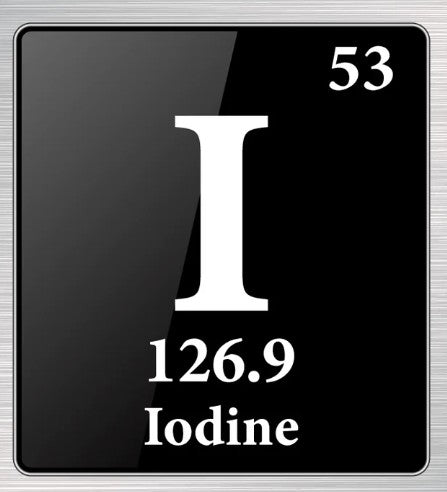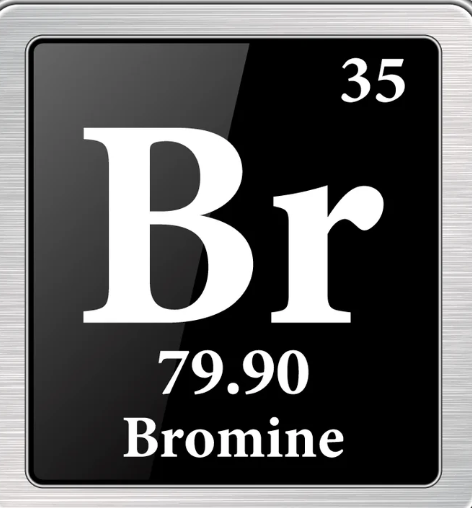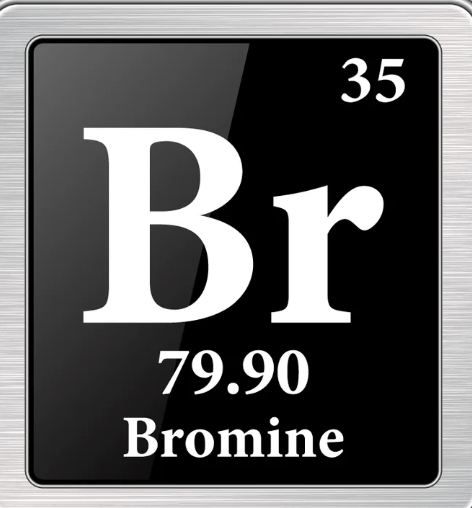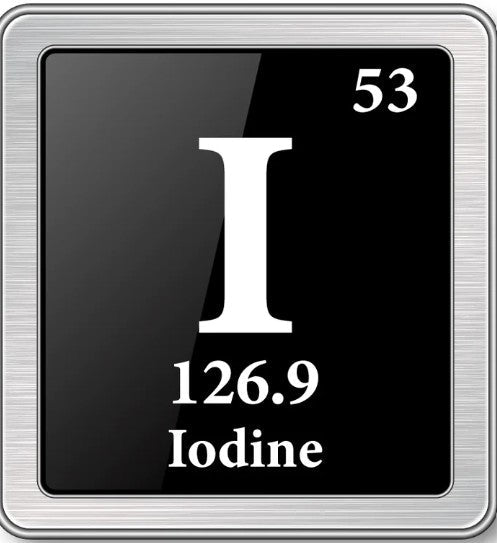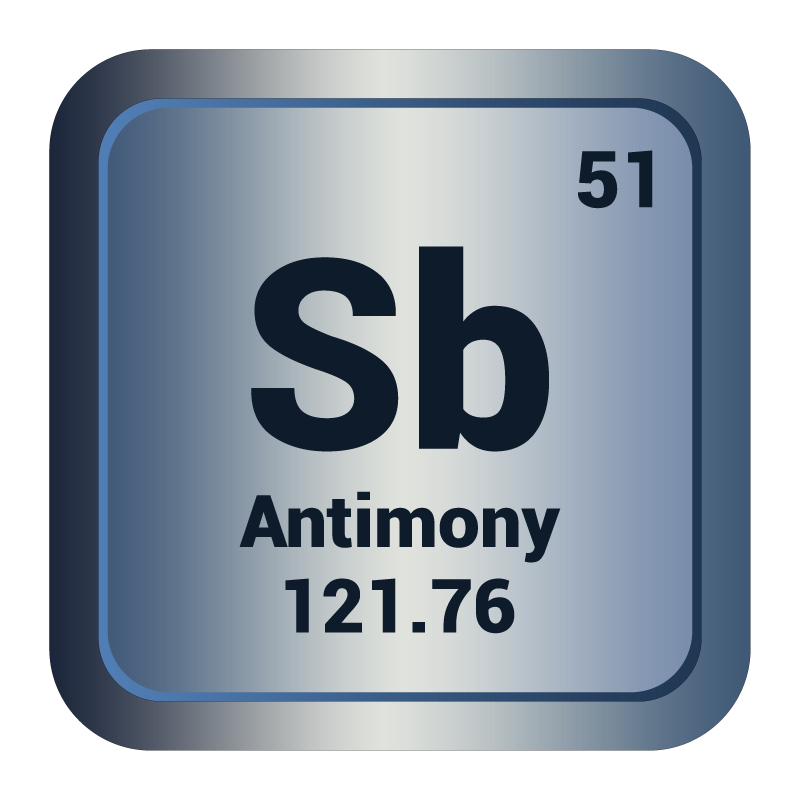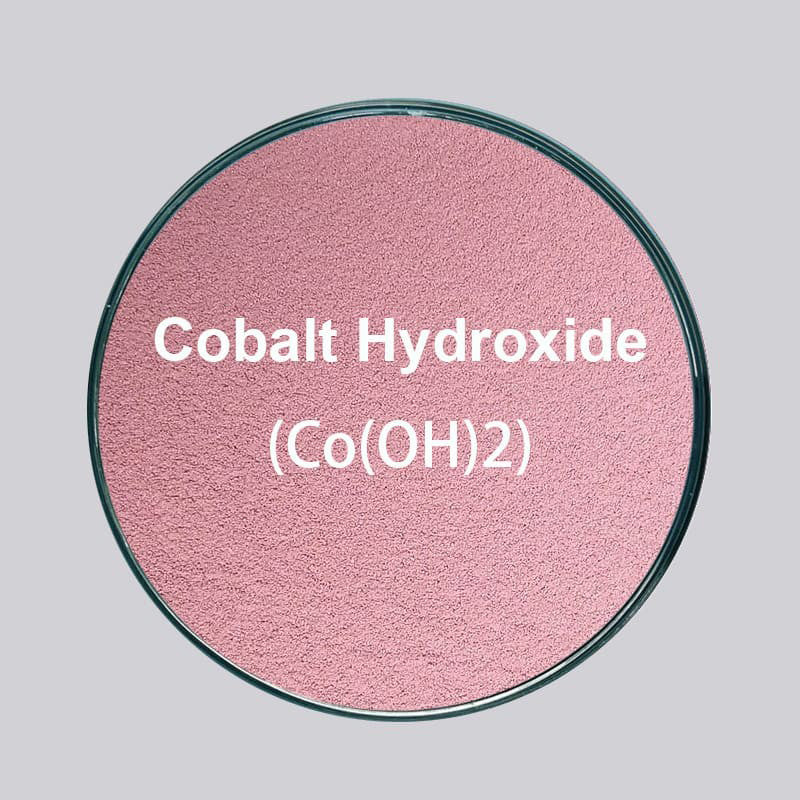
The Role of Amyl Bromide in the Fragrance and Flavor Industry
The fragrance and flavor industry relies on a diverse array of chemical compounds to create the unique scents and tastes that define countless products, from perfumes to food and beverages. One critical compound in this industry is amyl bromide (1-bromopentane), a versatile halogenated organic compound. While not used directly as a fragrance or flavoring agent, amyl bromide plays a pivotal role as a precursor in the synthesis of key components that contribute to the sensory appeal of various products.
This blog explores the significance of amyl bromide in the fragrance and flavor industry, its applications as a precursor in creating specific compounds, and why sourcing it from a reliable supplier is essential for ensuring high-quality outcomes.
Understanding Amyl Bromide and Its Chemical Properties
Amyl bromide is an organic compound with the formula C5H11Br. It is a member of the alkyl bromides family, characterized by a bromine atom attached to a pentane chain. Known for its reactivity, amyl bromide is a valuable intermediate in organic synthesis due to its ability to participate in a range of chemical reactions.
- Reactivity: Amyl bromide readily undergoes nucleophilic substitution reactions, enabling it to act as a building block in the synthesis of more complex molecules.
- Ease of Handling: Its relatively stable nature makes it a manageable starting material for large-scale industrial processes, provided proper safety protocols are followed.
These properties make amyl bromide an indispensable component in the fragrance and flavor industry, where precision and consistency in chemical reactions are paramount.
Amyl Bromide as a Precursor in Fragrance Synthesis
The fragrance industry relies heavily on organic synthesis to create the complex molecules that contribute to perfumes, colognes, and scented products. Amyl bromide serves as a key precursor in the production of specific esters and alcohols, which are the cornerstone of many fragrance compositions.
-
Formation of Esters:
Esters are one of the most common classes of compounds used in fragrances due to their pleasant and varied scents. Through nucleophilic substitution, amyl bromide can be reacted with alcohols or other reagents to produce amyl esters, such as amyl acetate. - Amyl Acetate: Often referred to as "banana oil," this ester has a fruity, sweet aroma widely used in perfumes and flavorings.
- Versatility: By varying the reagents and reaction conditions, a wide range of esters can be synthesized, offering distinct fragrance notes.
-
Synthesis of Alcohols:
In some processes, amyl bromide acts as an intermediate to create alcohol derivatives. These alcohols are then used in combination with other chemicals to produce nuanced scents that add depth and character to fragrances.
Amyl Bromide in Flavor Production
In the flavor industry, amyl bromide is instrumental in the synthesis of compounds that replicate or enhance natural flavors. While amyl bromide itself is not added directly to consumable products, its derivatives contribute to flavor profiles in a range of foods and beverages.
-
Flavor Enhancers:
Similar to its role in fragrance synthesis, amyl bromide can be converted into esters and alcohols that serve as flavoring agents. These derivatives mimic natural fruity, nutty, or floral flavors, making them valuable in candy, baked goods, and beverages. -
Specialized Applications:
The flavor industry often relies on amyl bromide derivatives for crafting artificial flavors, particularly in cases where natural extraction is impractical or cost-prohibitive. Its role ensures that manufacturers can maintain consistency and scalability in their flavor production.
Quality and Consistency in Amyl Bromide Sourcing
The success of amyl bromide in the fragrance and flavor industry hinges on its quality and purity. Impurities in the chemical can compromise reaction outcomes, leading to subpar or inconsistent products. For industries requiring high volumes of amyl bromide, choosing a reliable supplier is critical.
- Purity Standards: Ensure the amyl bromide meets stringent purity levels for effective and safe use in production processes.
- Regulatory Compliance: A trusted supplier will provide products compliant with industry-specific safety and environmental regulations.
- Consistency in Supply: Bulk production of fragrances and flavors demands a consistent supply of raw materials. Partnering with a supplier that ensures timely delivery helps maintain seamless operations.
When to Contact Rock Chemicals Inc
If your fragrance or flavor business relies on high-quality amyl bromide, partnering with an experienced supplier is essential to achieve superior results. Rock Chemicals Inc offers premium-grade amyl bromide tailored for industrial use, ensuring the purity and reliability needed for complex synthesis processes.
With a commitment to quality, regulatory compliance, and exceptional customer service, Rock Chemicals Inc is your trusted partner for sourcing bulk quantities of amyl bromide. Contact them today to learn how their products can support your fragrance and flavor manufacturing needs.


